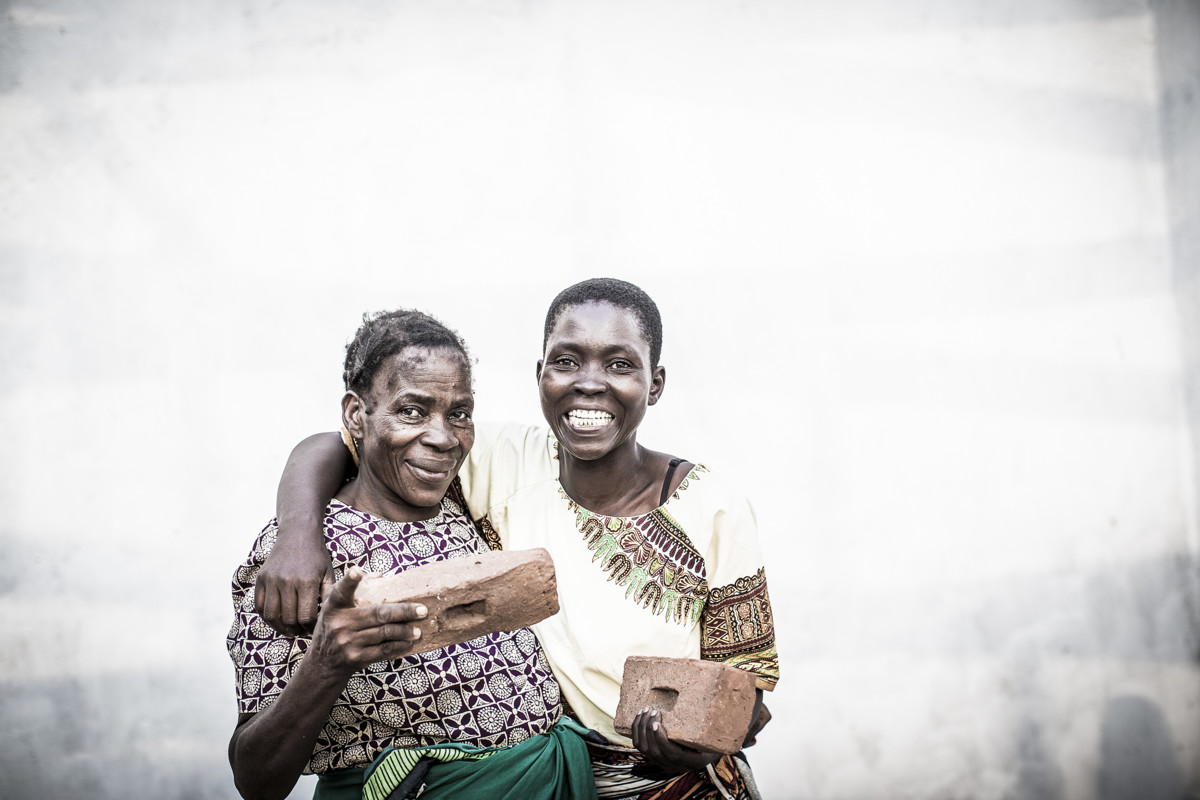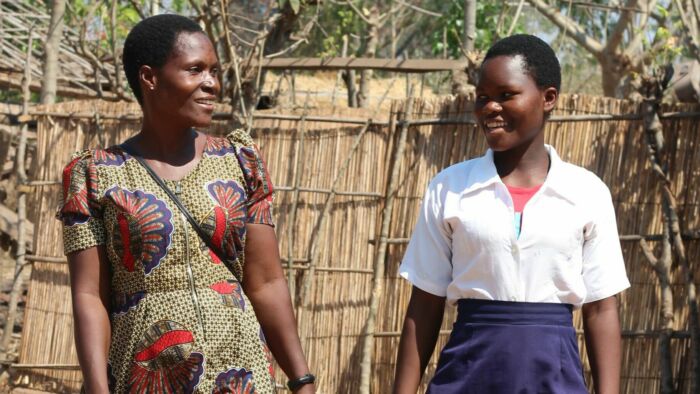We Effect has been active in Malawi since 2003, with the aim to improve the livelihood of people living in poverty, particularly those that are from rural areas and especially women. The Country Office is in Lilongwe, the capital of Malawi, and there are two District Offices in Salima and Mangochi. The District Offices have one sub office each to necessitate operations of the programmes. We Effect changed its name to We Effect from Swedish Cooperative Center (SCC) in 2013.
We Effect’s main work includes the mobilisation of resources and organisational capacity building of our partners, to enable them to effectively meet the member driven services of their membership in a sustainable manner – and to ensure members claim their rights.
In Malawi We Effect works with rural development and, through our partner organisations, small holder farmers receive training in sustainable farming methods and climate change adaptation. In addition to the local partners, We Effect also cooperates with Vi Agroforestry, which brings added value with its long and vast experience in agroforestry. We Effect also supports Malawian housing cooperatives and women’s rights organisations.
In Southern Africa, study circles are an important tool for improving the living conditions for women and men living in poverty in rural areas. The study circle is a small learning group of 5-15 people that have voluntarily come together to learn about a particular subject of mutual interest. This self-governing group holds regular meetings which are collectively scheduled to carry out the study plan. Study circles aim at developing capacity and competence through interactive exchange of scientific and indigenous knowledge within the study group and during field and look & learn visits. This ultimately leads to increased resilience and improved productivity/production, group savings and loans and local business development. The study circles currently have over 400,000 members regionally and the regional study circle resource centre is based in Zambia.
Smallholder farmers have challenges accessing affordable loan products and other forms of credit from formal financial institutions, for financing and developing their businesses. Therefore We Effect – through our partner organisations – also support the right holders to involve in financial services where village saving and loan groups (VSLG), financial literacy and linkages to formal financial services are key concepts and approaches. In this work, our local partner organisation Malawi Union of Savings and Credit Cooperatives (MUSCCO) plays a crucial role.
In Malawi We Effect is also working with the lead farmer concept and training centers. The lead farmer concept is a farmer to farmer learning approach which is complementary to the study circle approach. This concept uses a bottom up and farmer centred approach which empowers farmers to express meaningfully their demand for services and legitimise ownership of the learning process. A lead farmer is an individual farmer identified by the partner organisation in a local area. The farmer is identified based on a set of criteria and is incentivised through provision of specialised training and inputs for the demonstration plot.

